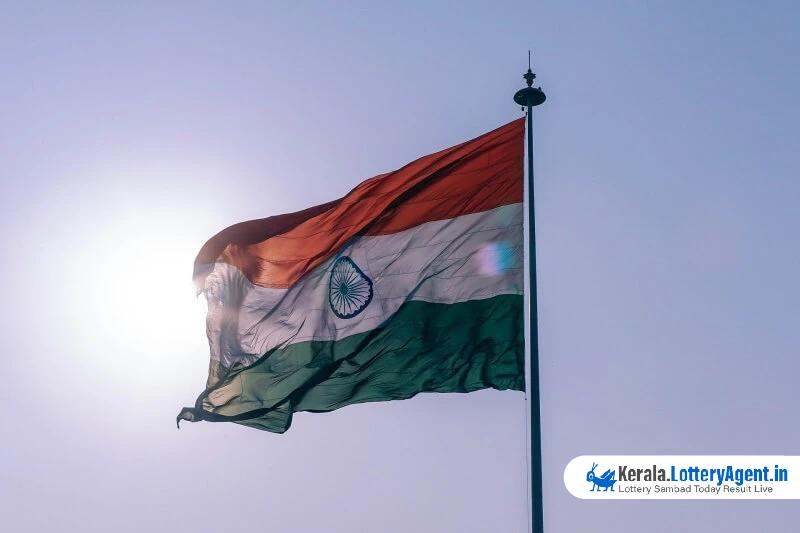
Indian gaming stakeholders were hopeful that the Goods and Services Tax (GST) Council would reconsider the 28% tax rate imposed on online gambling, casino activities, and horse race betting. However, their hopes were dashed during the Council’s most recent meeting on Saturday, June 22. Finance Minister Nirmala Sitharaman confirmed that the contentious tax rate “wasn’t up for discussion,” leaving operators in uncertainty.
The 28% tax, which has been in place since July last year, targets the full-face value of each bet rather than the gross gaming revenue. This approach essentially creates a turnover-based tax, which has been a significant point of contention among industry players. Economist and former Indian government official Dr. Aruna Sharma expressed concerns about this taxation model to iGaming Business, stating, “There is no clarity or relief regarding the imposition of tax on the entire transaction value rather than just the income of the platform. The heavy taxation is likely to be passed on to the players.”
Dr. Sharma suggested that the Supreme Court might step in to resolve the issue by imposing GST only on the earnings of the platform and not the total amount involved in real money games. When the tax regime began in October 2023, many operators anticipated a review at the six-month mark. However, this review has yet to materialize.
Despite the lack of progress, there was a glimmer of hope from another development during the Council meeting. A new clause approved in Section 11A could offer some respite to businesses across multiple sectors. If passed by India’s parliament, Section 11A would allow companies to seek relief from retrospective tax demands. This could potentially benefit gaming operators who have contested such demands in the past. As recently as last month, the Supreme Court announced it would hear petitions challenging the retrospective demands from gaming operators.
Dr. Sharma was cautiously optimistic, emphasizing that the reconstitution of the tax rationalisation Group of Ministers committee might lead to a revision of the tax on online gaming. She pointed out, “The amendment in Section 11A now includes a clause that enables the waiver of retrospective tax due to ambiguities for both the state and the centre. It also allows for the waiver of penalties and interest on retrospective tax dues.
.”
Even with these developments, the 28% flat tax rate remains in effect, leaving the gaming industry in a state of limbo. Manish Mishra, partner at JSA Advocates and Solicitors, described the lack of deliberation on online gaming taxation as a “major disappointment.” Similarly, Rajat Bose, partner at Shardul Amarchand Mangaldas & Co Advocates & Solicitors, voiced the broader concerns of the industry in a conversation with iGaming Business. “The online gaming industry was eagerly looking forward to the GST council meeting in the hope that their concerns will be addressed by the council,” he said. “However, their issues could not find a place in the agenda. The industry will have to wait until the next meeting to see some kind of clarity on the tax structure, especially on retrospective application.”
The timeline for when the GST Council will address these concerns remains uncertain. Sitharaman indicated that Saturday’s meeting ran out of time to discuss several items on the agenda, which would be revisited in an upcoming meeting, possibly before the end of August. However, she reiterated that the gaming tax was “not on the agenda” for the latest meeting.
A recent joint report by Ernst & Young and the US-India Strategic Partnership Forum sheds light on the challenges facing operators. The report noted that the Indian gaming sector has attracted $2.6 billion in foreign direct investment since 2019. Yet, since the introduction of the new tax regime, there has been no new capital inflow. “Some companies reported a complete withdrawal of global marquee investors just at the onset of the new GST regime,” the report highlighted.
One notable example is Super Group, which owns the well-known sportsbook brand Betway and the online casino brand Spin. The company exited the Indian market last October in response to the new tax policies. The 28% tax rate represents the second major shift in India’s online gambling market within the past year. Prior to this, in January 2023, the Indian government released new regulations governing online gambling.
As operators and industry stakeholders await further developments, the future remains uncertain. The hope now rests on upcoming GST Council meetings and potential legislative changes to bring clarity and stability to a sector poised for significant growth but stifled by heavy taxation.












